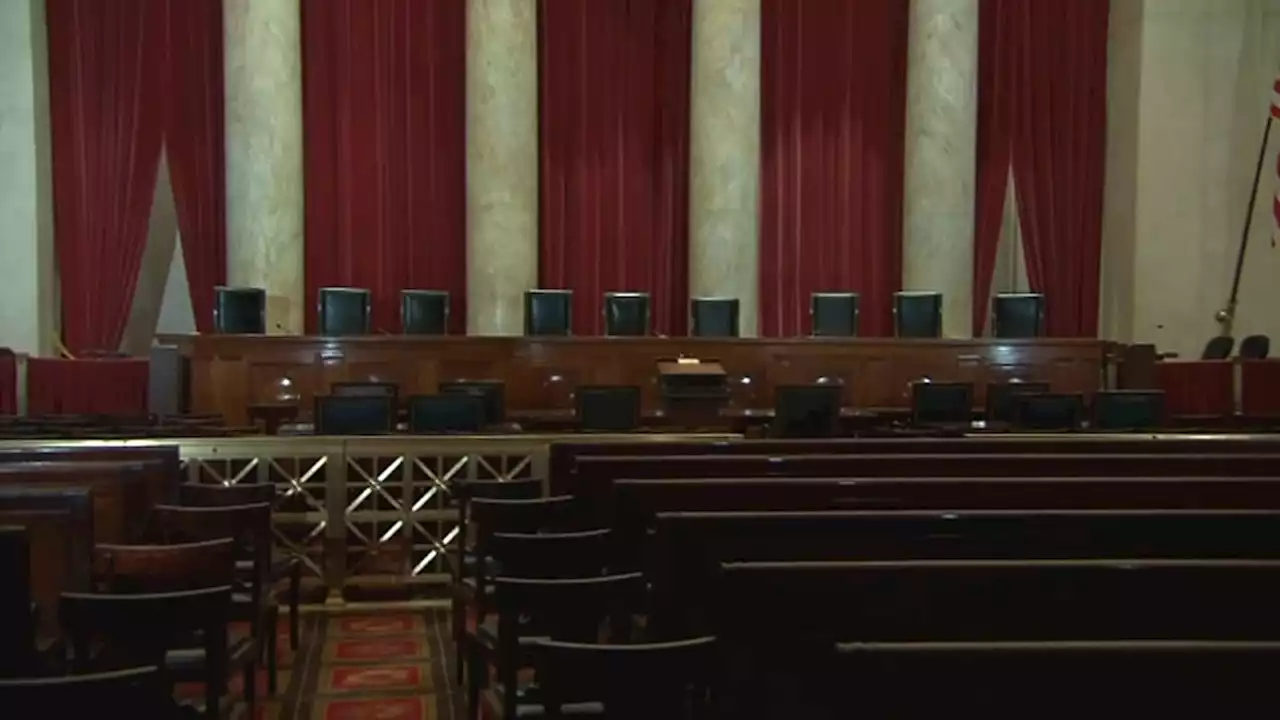Exactly how the internet may change if the Supreme Court rules against the tech industry depends heavily on the specifics of that hypothetical ruling.
The Supreme Court is hearing a case that could change liability for some of the internet's largest media companies.
His question sought to explore what might really happen in a world where the Court rolls back a 27-year-old liability shield, allowing tech platforms to be sued over how they host and display videos, forum posts, and other user-generated content.
Understanding how the internet may work differently without Section 230 - or if the law is significantly narrowed - starts with one, simple concept: Shrinking the liability shield means exposing websites and internet users to more lawsuits.Virtually all of the potential consequences for the internet, both good and bad, flow from that single idea.
"The massive social media industry has grown up largely shielded from the courts and the normal development of a body of law. It is highly irregular for a global industry that wields staggering influence to be protected from judicial inquiry," wrote the Anti-Defamation League in a Supreme Court brief."Every other industry has to internalize the costs of its conduct," she said. "Why is it that the tech industry gets a pass? A little bit unclear.
The sheer volume of lawsuits could crush website owners or internet users that can't afford to fight court battles on multiple fronts, leading to the kind of business ripple effects Kavanaugh raised. That could include personal blogs with comment sections, or e-commerce sites that host product reviews. And the surviving websites would alter their behavior to avoid suffering the same fate.
In that interpretation of the law, Craigslist said in a Supreme Court brief it could be forced to stop letting users browse by geographic region or by categories such as "bikes," "boats" or "books," instead having to provide an "undifferentiated morass of information."
United States Latest News, United States Headlines
Similar News:You can also read news stories similar to this one that we have collected from other news sources.
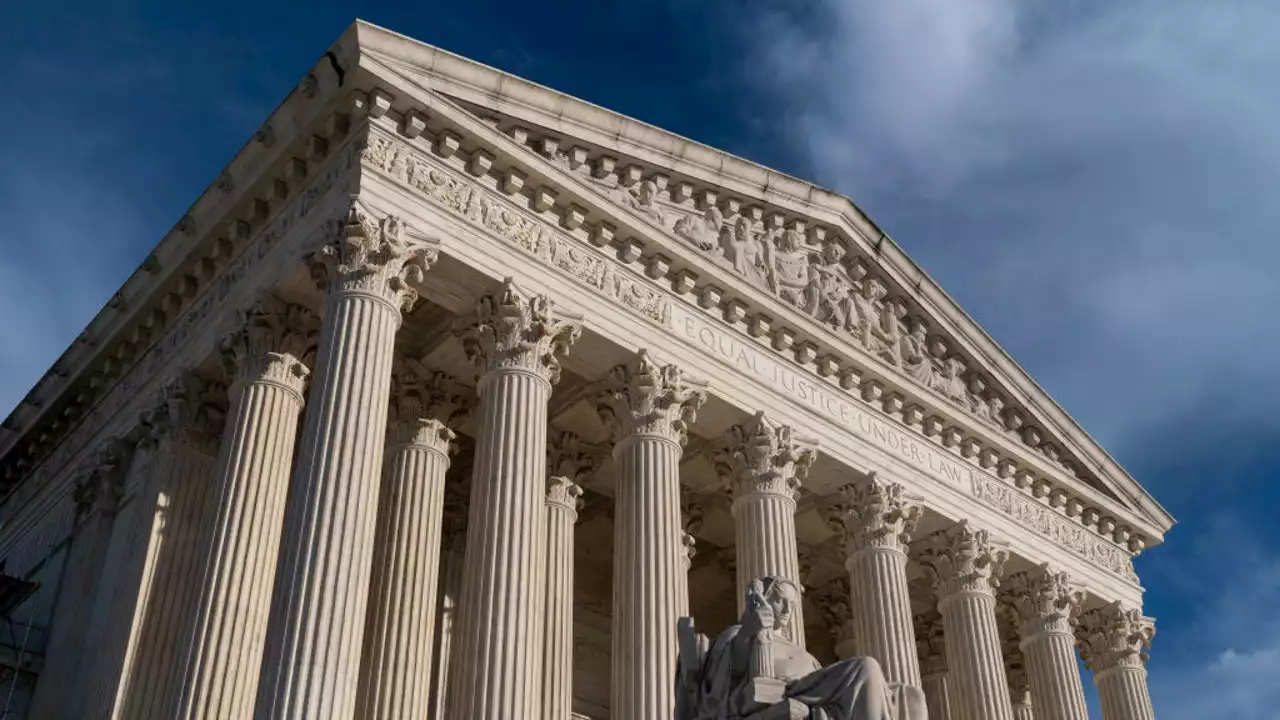 Supreme Court seems to favor social media companies in terror caseDuring arguments, several justices underscored that there was no evidence linking Twitter, Facebook and Google directly to the 2017 attack on the Reina nightclub in Istanbul.
Supreme Court seems to favor social media companies in terror caseDuring arguments, several justices underscored that there was no evidence linking Twitter, Facebook and Google directly to the 2017 attack on the Reina nightclub in Istanbul.
Read more »
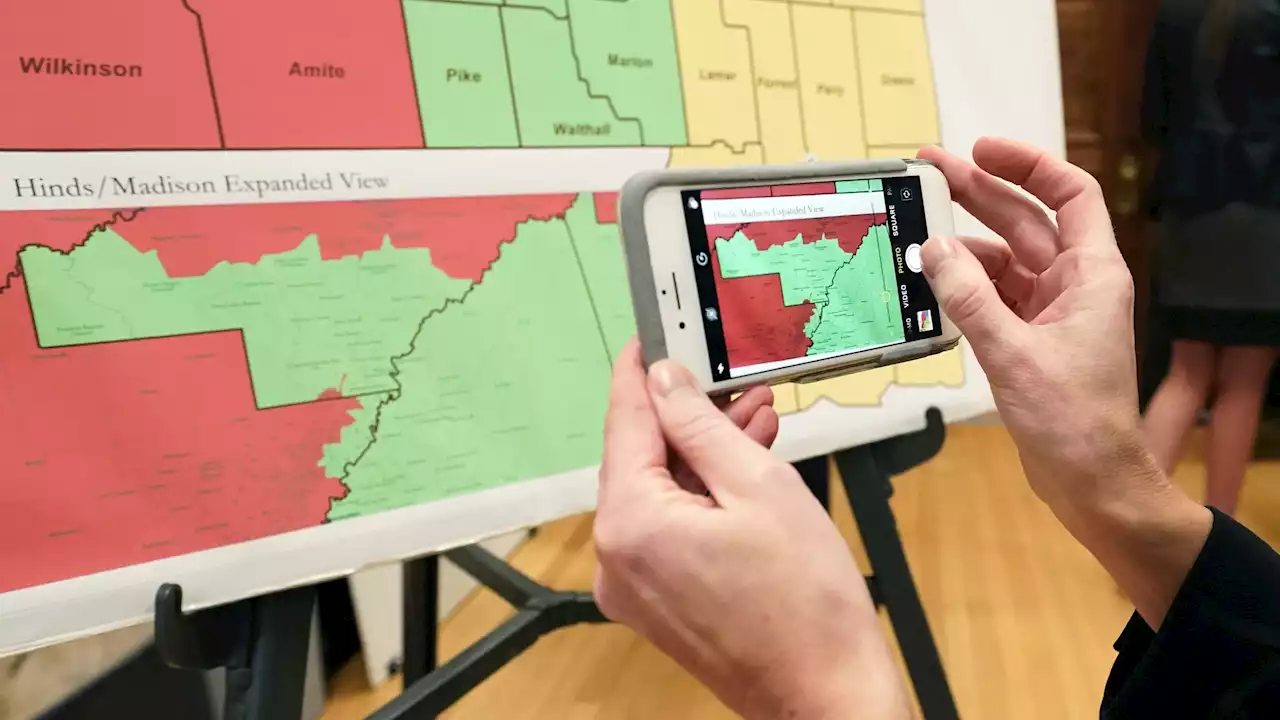 U.S. Supreme Court leaves congressional redistricting to Mississippi LegislatureFor the first time since the early 1990s, the federal courts will not be drawing Mississippi’s congressional districts after the U.S. Supreme Court decided this week not to hear a case.
U.S. Supreme Court leaves congressional redistricting to Mississippi LegislatureFor the first time since the early 1990s, the federal courts will not be drawing Mississippi’s congressional districts after the U.S. Supreme Court decided this week not to hear a case.
Read more »
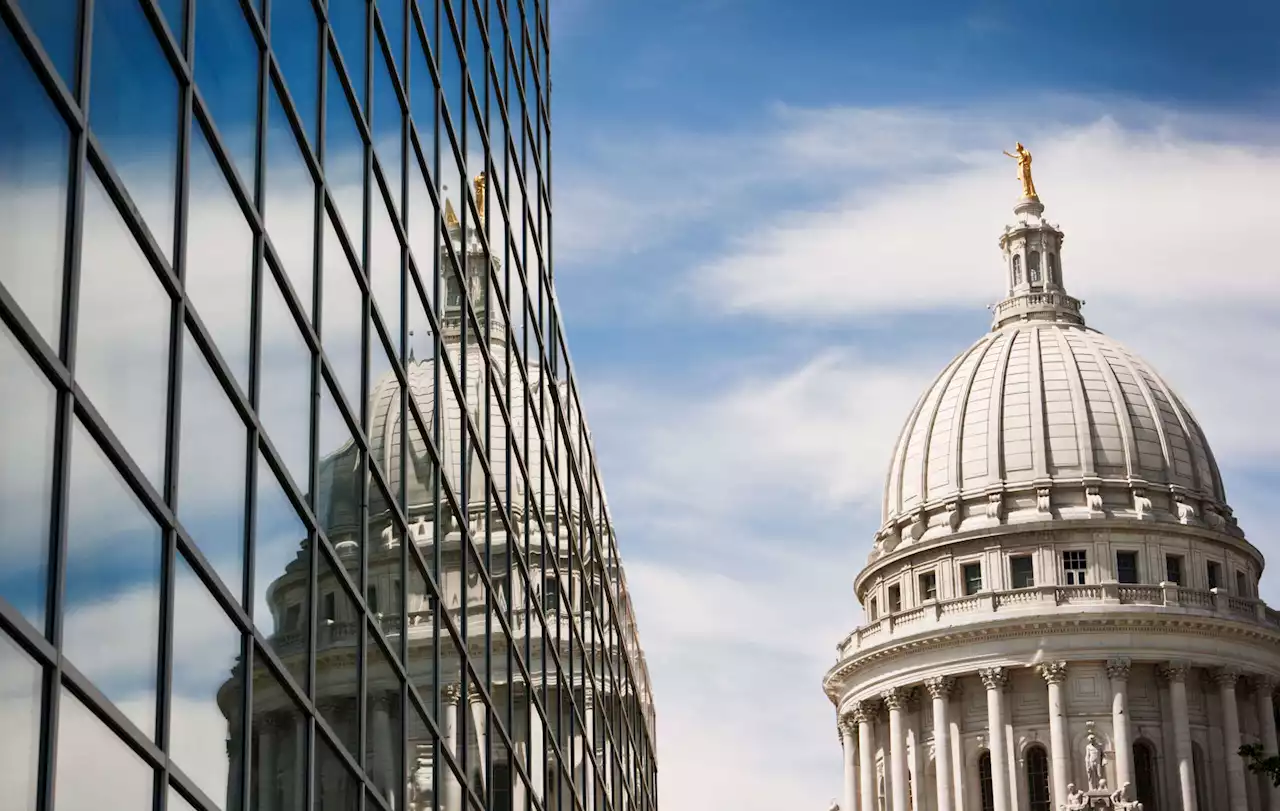 Candidates in Wisconsin Supreme Court Election Include a Trump Loyalist Involved in Fake Electors PlotOne of the two candidates who advanced to the next round of Wisconsin’s state Supreme Court race on Tuesday allegedly sought to help former President Donald Trump overturn the 2020 election results in the state through a fake electors scheme.
Candidates in Wisconsin Supreme Court Election Include a Trump Loyalist Involved in Fake Electors PlotOne of the two candidates who advanced to the next round of Wisconsin’s state Supreme Court race on Tuesday allegedly sought to help former President Donald Trump overturn the 2020 election results in the state through a fake electors scheme.
Read more »
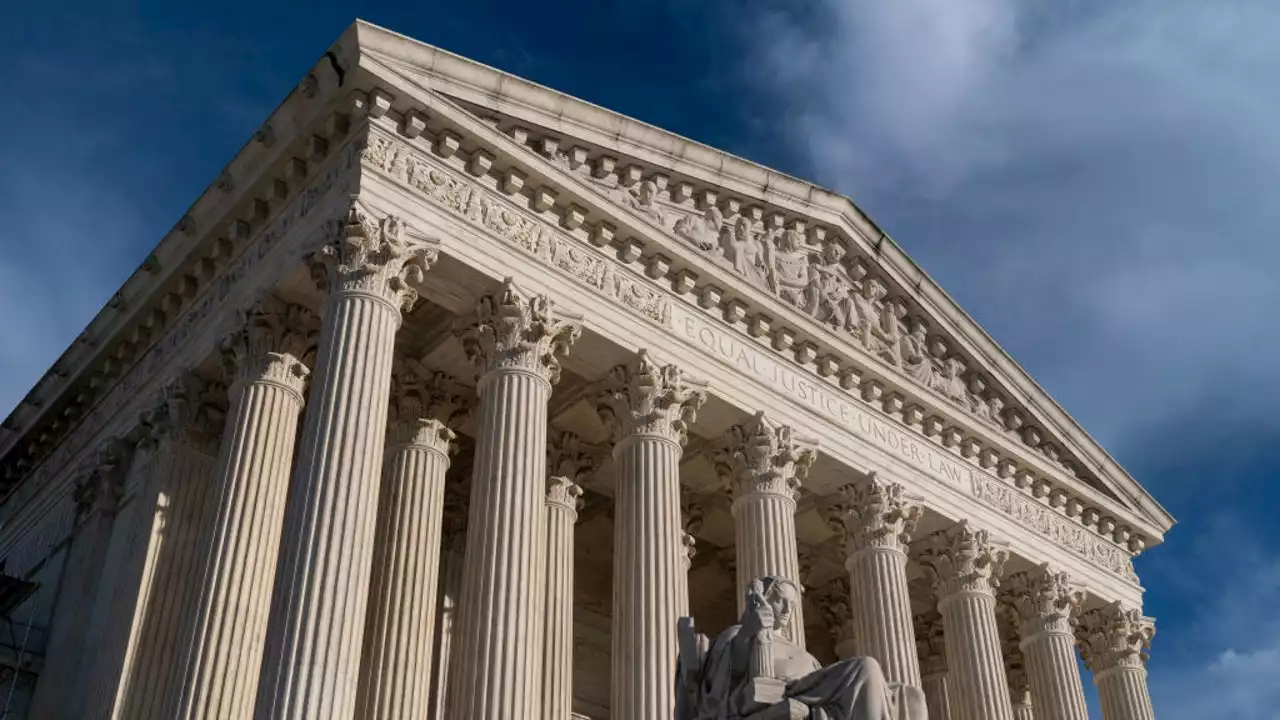 Supreme Court seems to favor social media companies in terror caseDuring arguments, several justices underscored that there was no evidence linking Twitter, Facebook and Google directly to the 2017 attack on the Reina nightclub in Istanbul.
Supreme Court seems to favor social media companies in terror caseDuring arguments, several justices underscored that there was no evidence linking Twitter, Facebook and Google directly to the 2017 attack on the Reina nightclub in Istanbul.
Read more »
 Supreme Court rules for Arizona inmate in death penalty caseWASHINGTON (AP) — The Supreme Court ruled Wednesday for a man on Arizona's death row who wants a new sentencing hearing because jurors in his case were wrongly told that the only way to ensure he would never walk free was to sentence him to death.
Supreme Court rules for Arizona inmate in death penalty caseWASHINGTON (AP) — The Supreme Court ruled Wednesday for a man on Arizona's death row who wants a new sentencing hearing because jurors in his case were wrongly told that the only way to ensure he would never walk free was to sentence him to death.
Read more »
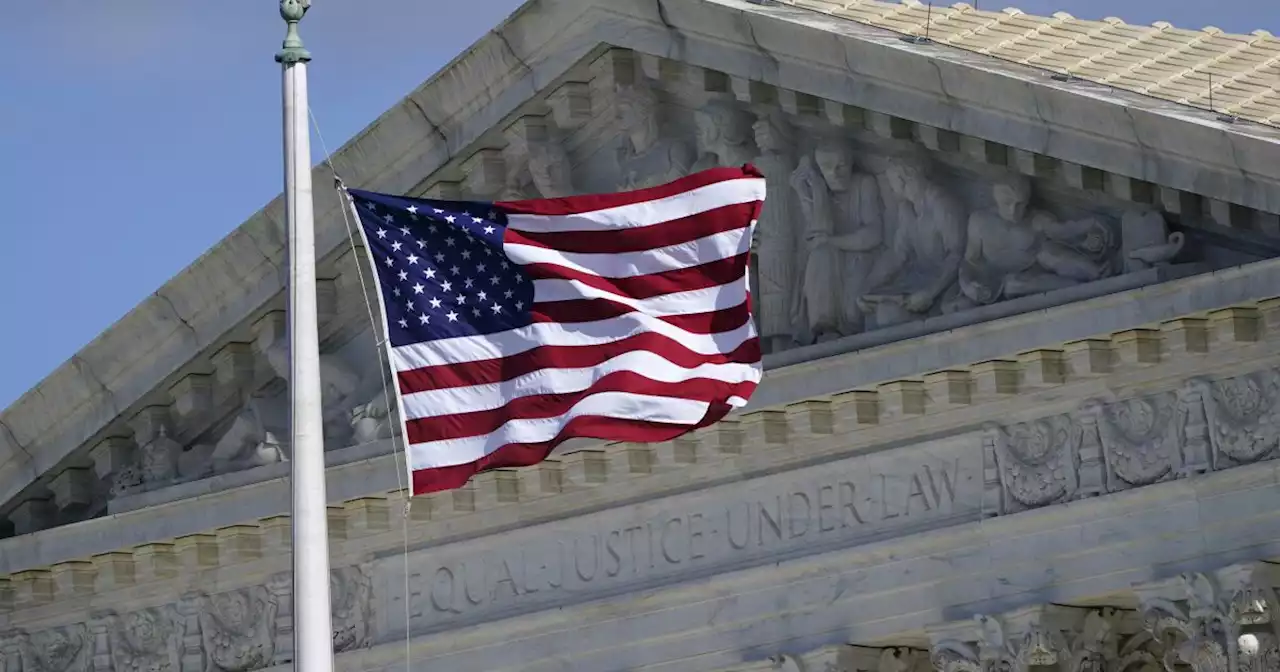 Supreme Court sounds split on whether social media firms can be sued for aiding terroristsSupreme Court justices sounded split over whether social media firms can be sued for aiding terrorists.
Supreme Court sounds split on whether social media firms can be sued for aiding terroristsSupreme Court justices sounded split over whether social media firms can be sued for aiding terrorists.
Read more »
